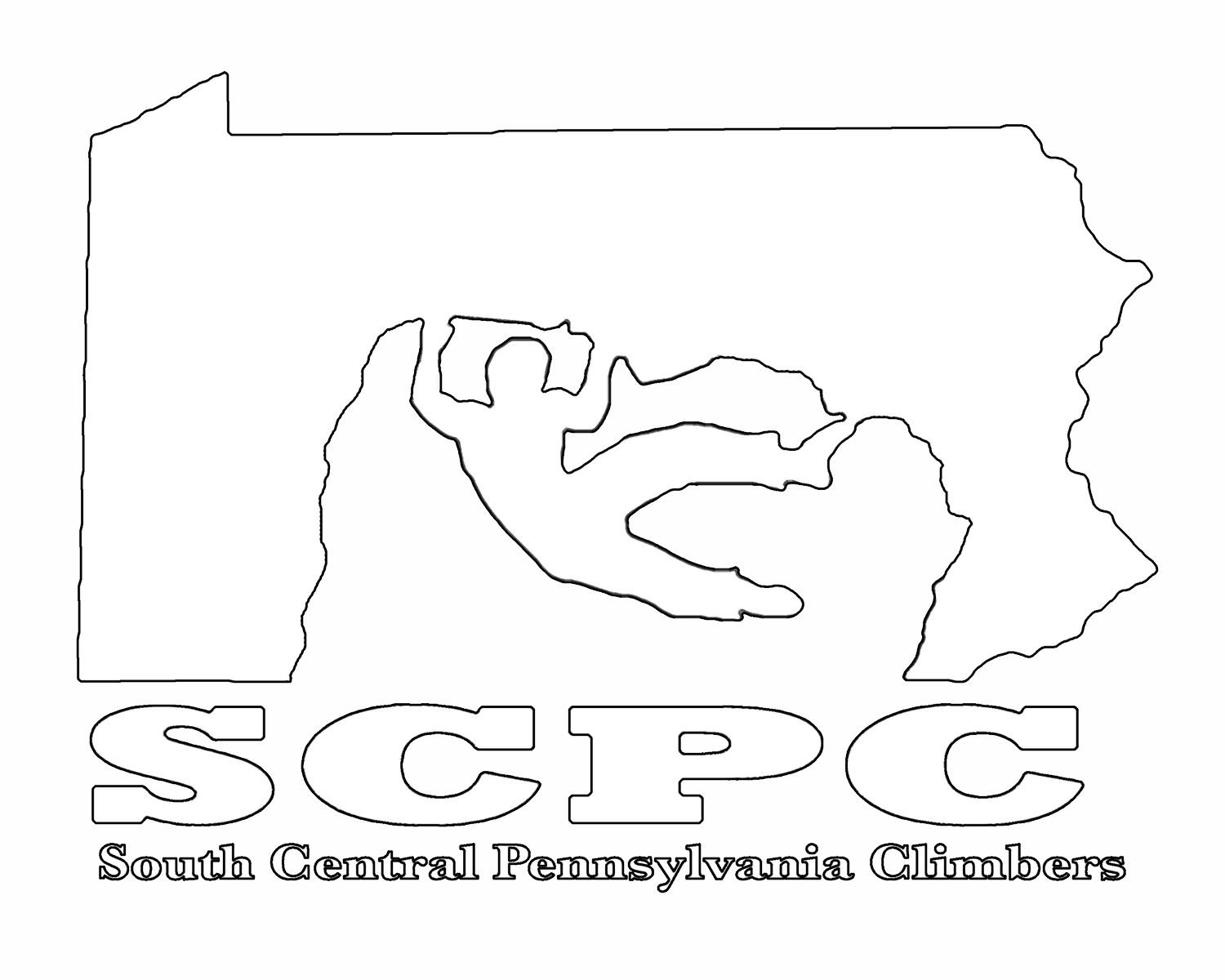
SUSQUEHANNA RIVERLANDS STATE PARK
Susquehanna Riverlands is OPEN from dawn to dusk, year round.
Current Access: Climbing is an approved activity in this new park. Climbing at the state park continues to be developed in accordance with agreement terms between PA DCNR and SCPC.
The Pennsylvania Department of Conservation and Natural Resources owns and manages Susquehanna Riverlands State Park.
The State Park contains multiple outcroppings of cliffs ranging from approximately 30 feet high to 110 feet high.
Type of climbing: Top Roping and Multi-Pitch/Single Pitch Trad Climbing
Location: Forge Lane, York, PA 17406
SCPC Ambassador: Kelston Hildebrand (Lead Ambassador), Justin Huff, Crys Moore, Alex Faulkner (Co-Ambassadors)
Ambassador Contact: kelston@scpclimbers.org, justin@scpclimbers.org, crys@scpclimbers.org, alex@scpclimbers.org
Important Access Information
SCPC has worked with PA DCNR to receive permission to construct and maintain a public climbing site, consisting of:
1) an access trail to the base of the outcroppings;
2) affixing bolted anchors and other safety appurtenances to the outcroppings; and
3) a climbing-focused informational kiosk.
Rock alterations by chipping, chiseling, sculpting, drilling, defacing, or gluing/epoxying of holds (hand and foot) is not permitted. This restriction also includes the practice of dry tooling, which involves using ice climbing tools on rock surfaces.
SCPC is the only entity that is allowed to install fixtures and will remove any non-SCPC owned or installed fixtures when doing routine maintenance. Rivets and pitons are not permitted.
Removing vegetation of any type to clear a climbing route is not permitted.
Temporary anchors may be used as long as they are removed after use.
Should a tree be used for climbing purposes, padding will be used to prevent the rope, sling, or chain from damaging the tree.
Chalk use should be minimized, used in a bag, and holds should be brushed off if heavily chalked.
Climbing or rappelling within a known habitat of any rare, threatened, or endangered plant or animal species or in areas determined by PA DCNR to be ecologically significant is not permitted.
PA DCNR may close entire formations or climbing routes permanently or on a temporary basis. Closures may include but are not limited to natural resource protection, unsafe conditions, or park maintenance activities.
